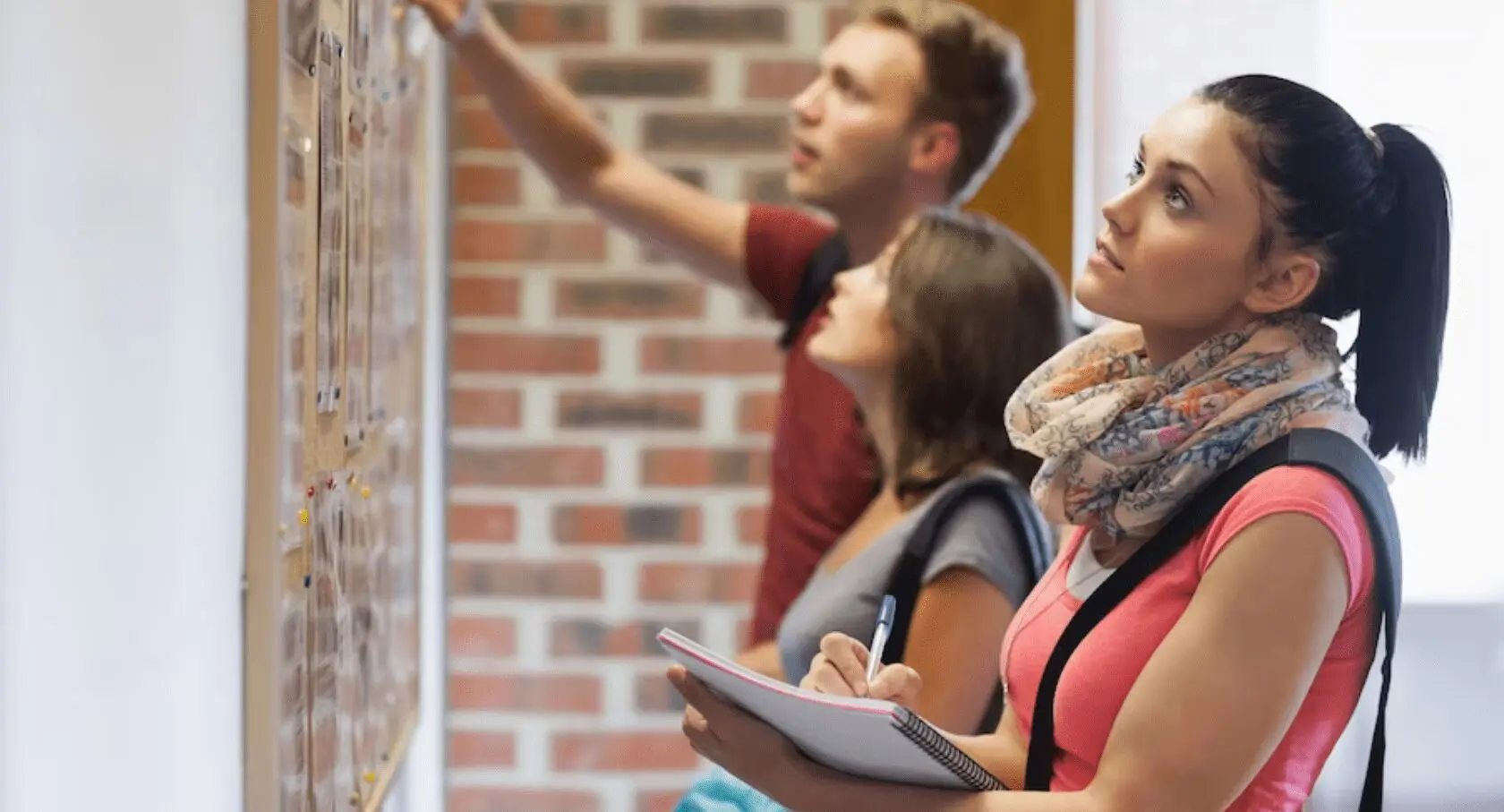How do I apply for extracurricular work placements?
Firstly, the company where you want to do your work placement must have the option available and places available for students to be able to apply.
In most cases this type of work placement, due to being outside of the obligatory curriculum, must be arranged by the student together with the work placement coordinator. In other words, it’s up to the student to look for work placements and find out whether the company has a covenant with the university or not as this could accelerate the process of arranging the placement. Once the student has found a placement they should speak to the work placement coordinator so they can take care of the necessary paperwork.
These voluntary work placements are often called internships. As we have already explained, these internships aim to give students who have finished or who are about to finish their studies the opportunity to apply the knowledge they have acquired during their studies in a work environment, as well as getting experience in the sector in which they have chosen to train.
These internships often involve financial remuneration in return for the work of the student and are a great opportunity to get some work experience.
In addition to bachelor’s degree work placements, which we have talked about throughout this post, we also need to mention master’s degree work placements and work placements for research and PhD students.
- Master’s degree work placements: these take place after having obtained a bachelor’s degree and before beginning a PhD. All educational and specialized programmes include a work placement module and passing this is essential to be able to get the final qualification. Although, if the student decides not to do this module they will have to prove that they have a minimum of one year’s work experience which is related to the programme.
- Research and doctorate work placements: these are designed for students who have got their master’s degree and want work experience to gain certain skills, abilities and knowledge to begin research which will later make it possible for them to access a doctorate programme. These work placements are often paid. Finally, we must stress that these work placements are offered by official bodies such as ministries, the public administration of each autonomous region of Spain, or by private organisations such as foundations, universities, etc.
At micampus we hope that this article answers any questions you may have about extracurricular work placements.













































